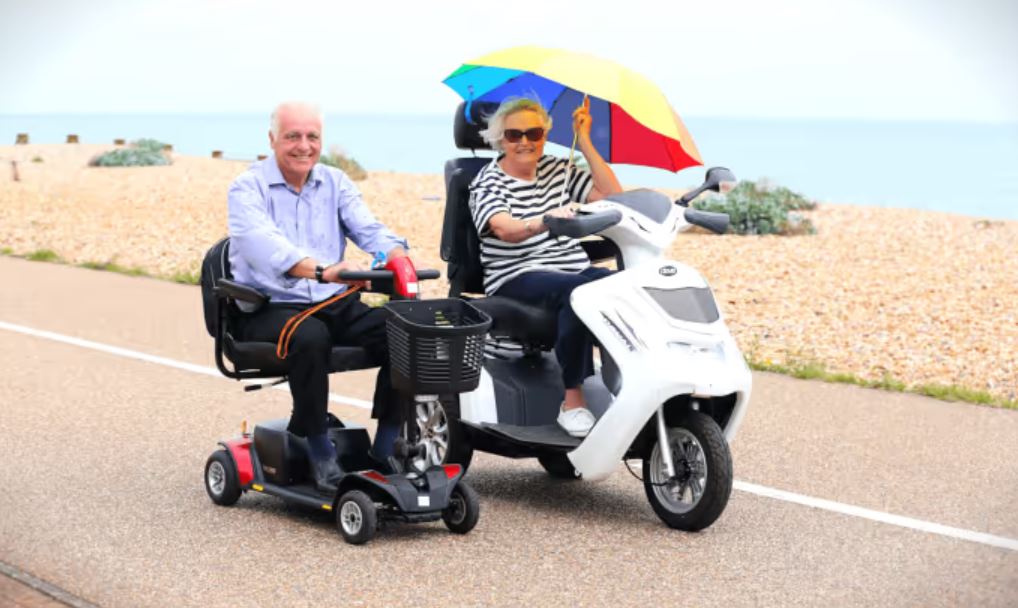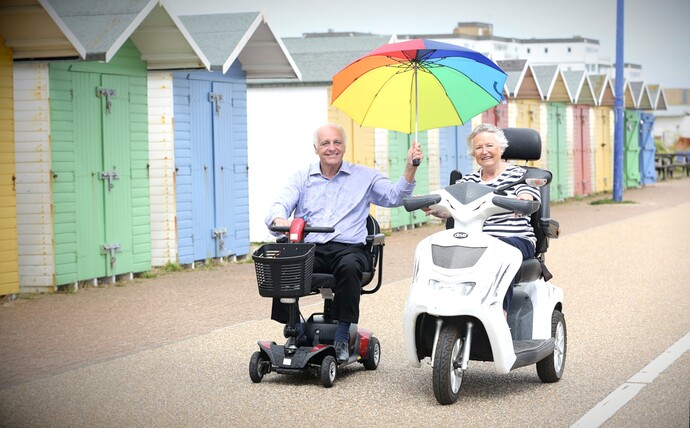Labour backs local choice for 20mph limits
September 10, 2024

Transport minister Louise Haigh has pledged her backing for local authorities seeking to implement 20mph speed zones, cycle lanes, and Low Traffic Neighbourhoods. This marks a departure from the previous government’s stance, which condemned such measures as ‘anti-motorist.’
Haigh aims to “end the culture wars” that polarised transport policy under the Conservative administration. With a new emphasis on improving national health outcomes, Haigh has outlined plans including multi-year investments in walking and cycling infrastructure.
Haigh believes speed limits should be decided locally and has expressed her full support for local authorities choosing to implement 20mph zones, saying, “That’s got my backing.”
As a member of the government’s health mission delivery board, Haigh expressed optimism about “unprecedented” levels of financial support for active travel, set to be announced after the autumn budget statement. She has highlighted the fact that physical inactivity costs the UK £7.4 billion annually, while a report by the Institute for Public Policy Research described the country as “getting poorer and sicker.” The report identified investment in cycling and walking as one of the solutions.
{{cta-cycling}}
Twenty's Plenty
Here at the ETA, we’re proud to have helped coin the phrase "Twenty's plenty" and thrilled that over the years it evolved into 20’s Plenty for Us, a campaign group we continue to support.

Given the number of deaths and serious injuries on our roads, there is no justification for 30 mph as the national speed limit. According to 20’s Plenty for Us, “The 30mph limit that was plucked out of the air in 1934 as being better than no limit, is no longer fit for purpose. It is unjust, unjustifiable and needs to be consigned to history."
There is no doubt that 20mph limits have numerous benefits. The introduction of 20mph speed limits in areas of London has contributed towards a 50 per cent reduction in the number of children killed or seriously injured on the roads (see British Medical Journal) - these zones not only reduce casualty figures, they improve quality of life by transforming streets into areas where people are happy to cycle and children are able to play.
Myth busting: 20mph speed limits
They force me to drive in a lower gear
This might be the case if you're driving a high-revving classic sports car, but if you're behind the wheel of a modern car you'll be able to comfortably maintain 20mph in third or even fourth gear. If you don't believe us, watch our our video. We drove a little city car with a one-litre engine on 20mph-limited streets to see how it performed.
https://vimeo.com/824088719?share=copy
I'll use more fuel
Reducing peak road speeds in areas where people live, work or play saves energy and cash. Research into typical stop/start urban traffic by Future Transport reveals fuel efficiency peaks with speed capped at 20mph. Drivers benefit from up to 10p per mile in fuel savings without trips taking longer. That's a 30 per cent saving in urban fuel costs.
In built-up towns and villages, the key factor in fuel consumption is the number of times you accelerate back up to the speed limit after slowing down or stopping - the higher the speed limit then the greater that acceleration influences fuel consumption.
Engineering consultants at Future Transport modelled the fuel efficiency in accelerating from stopped to between 5 and 40mph. For a typical urban drive cycle - with repeated acceleration and deceleration - fuel efficiency peaks at a top speed of 15-20mph.
I need to keep my eyes focussed on the speedo
If you're unable to maintain a particular speed without your eyes glued to the speedo, driving's not for you. One of the things learner drivers master early on is the ability to keep to a particular speed while occasionally glancing at the speedometer to check their speed hasn't crept up. It's a basic skill that's assessed by examiners as part of the driving test. After all, driving steadily at 20mph is no different from maintaining 30, 40 or 70mph.
The ethical choice
The ETA was established in 1990 as an ethical provider of green, reliable travel services. Over 30 years on, we continue to offer cycle insurance, breakdown cover and mobility scooter insurance while putting concern for the environment at the heart of all we do.
The Good Shopping Guide judges us to be the UK's most ethical provider.
{{cta-cycling}}
Information correct at time of publication.







